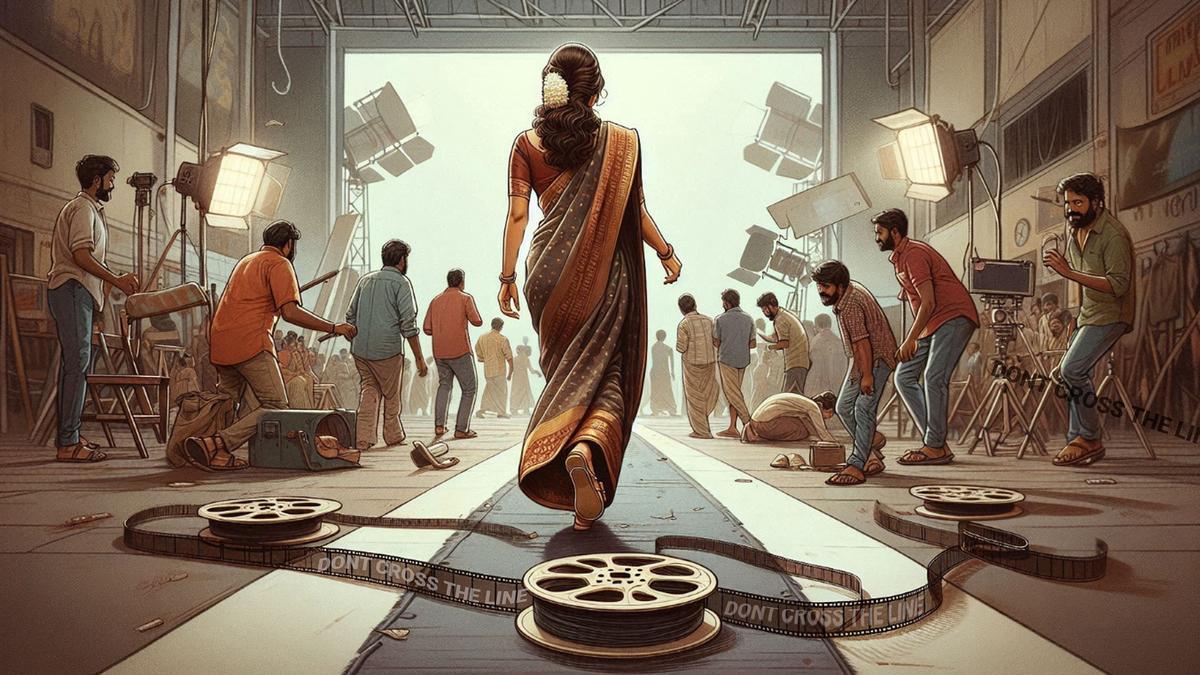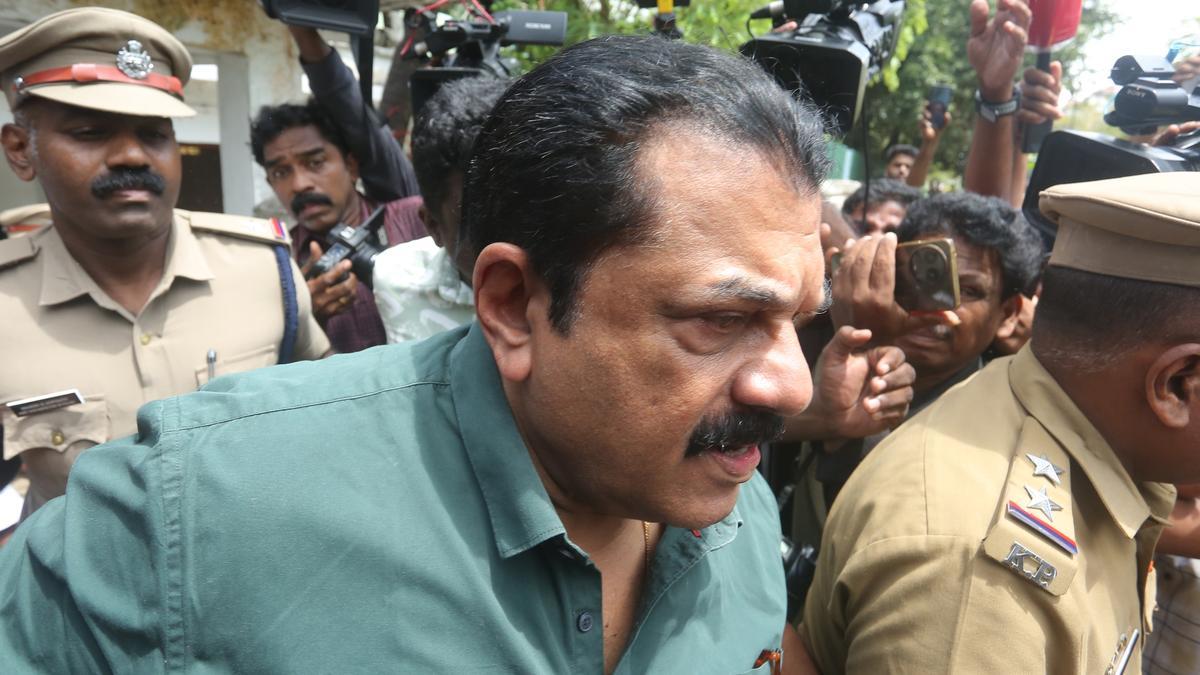
The Indian film industry is patriarchal, exploitative, and in dire need of a radical reset to ensure the safety and sanity of female professionals. This urgent call for reform has been echoed by numerous prominent female artistes and technicians across India’s diverse cinema landscape. Their collective voice resounded following the release of the Justice K. Hema Committee report, which has laid bare the deeply ingrained issues within the Malayalam film industry.
The 235-page report, initially submitted to the Kerala government in 2019 and published with limited redactions five years later, uncovered shocking instances of sexual abuse, gender inequality, illegal bans, and severe labor violations. The detailed documentation offered an unprecedented look at the systemic issues plaguing a regional film industry, but its implications reverberate across India’s vast cinematic spectrum.
In the wake of the report’s publication, several female actors came forward with accusations of sexual harassment against prominent figures within Malayalam cinema. This led to significant upheaval within the Association of Malayalam Movie Artistes (AMMA). Facing mounting allegations of sexual misconduct and misbehavior, all 17 members of the executive committee, including its president, senior actor Mohanlal, resigned.
The fallout from the Hema panel’s findings sent shockwaves through the Indian film industry at large. Film bodies and unions across the country have been forced into action, acknowledging the need for systemic change. In Tamil Nadu, the South Indian Artistes’ Association (SIAA), also known as Nadigar Sangam, decided to impose a stringent five-year ban on anyone found guilty of sexual offenses. Meanwhile, the Film Industry For Rights and Equality (FIRE) urged the Karnataka government to form a committee headed by a retired judge to investigate the plight of women, including sexual harassment, in the Kannada film industry. Similar calls for reform have emerged from the Telugu, Bengali, and Hindi film industries. Within Malayalam cinema, a new collective named the Progressive Filmmakers’ Association has been proposed, aimed at dismantling existing power structures and promoting equality and social justice.
Actor Priyamani, who has worked extensively in Telugu, Tamil, Kannada, and Hindi films, remarked that unlike the fleeting #MeToo movement, the latest committee’s findings are being taken more seriously. “Forming a committee in other industries and more such reports coming out would be beneficial,” she asserted. Actor Swara Bhasker, one of the first voices from Bollywood to respond to the report, stressed the need for comprehensive measures beyond mere investigations. According to her, the governments at both the state and central levels should institute guidelines specifically tailored to film industries and establish government-sanctioned grievance redressal cells.
.
The #MeToo movement of 2018 had already lifted the veil on rampant sexual misconduct within India’s entertainment sector, though legal repercussions were limited. Despite the revelations, a culture of intimidation and silence has persisted, deterring many from speaking out. The Hema Committee’s findings reinforce the disproportionate power held by male actors, filmmakers, and producers, capable of ruining careers on a whim. The report includes evidence from witnesses who confirmed the pervasiveness of the “casting couch”—a euphemism for demanding sexual favors in exchange for roles.
“Women are expected to ‘adjust’ and ‘compromise’ for opportunities,” says Swara Bhasker. Actor-producer Rima Kallingal, co-founder of the Women in Cinema Collective (WCC), which played a pivotal role in the initiation of the Hema Committee, revealed her own experiences of feeling “completely devalued” and subjected to sexually charged comments.
The report did not just highlight sexual exploitation but also shed light on inhumane working conditions. Filmmaker Indhu V.S. recounted her experiences of working in predominantly male environments, which felt more like a ‘boys’ club’. Preetha Jayaraman, a cinematographer in Kannada cinema, described the lack of basic facilities for women on set, such as toilets and changing rooms, thereby emphasizing the necessity for significant improvements in the work environment.
Veteran actress Radhika shared an incident where men on a film set watched obscene videos filmed secretly in her vanity van—a stark illustration of the disrespect and intrusion faced by women.
The Justice K. Hema Committee’s findings underscore the urgent need for a holistic approach to tackling the myriad issues afflicting female professionals in the film industry. The call for forming effective, unbiased committees across various regional cinema industries has grown louder. Actor Varalaxmi Sarathkumar, having previously advocated for such reforms, reiterates the necessity of committees led by impartial women to address complaints effectively.
Actor Simran, reflecting on her extensive career across regional and Bollywood films, supports the creation of a committee to address sexual exploitation and harassment but stresses that it should serve all genders, given the industry’s complex landscape.
As the Indian film industry grapples with these revelations and the corresponding calls for reform, it is clear that the path forward requires acknowledging past failings, enforcing robust protections, and fostering an environment of respect and equality for all its members. The journey towards a more inclusive and safe workplace within the cinematic arts is arduous but indispensable.
Published – September 20, 2024 05:42 pm IST
Indian cinema | Hindi cinema | Malayalam cinema | Tamil cinema | Telugu cinema | Kannada cinema | cinema industry










